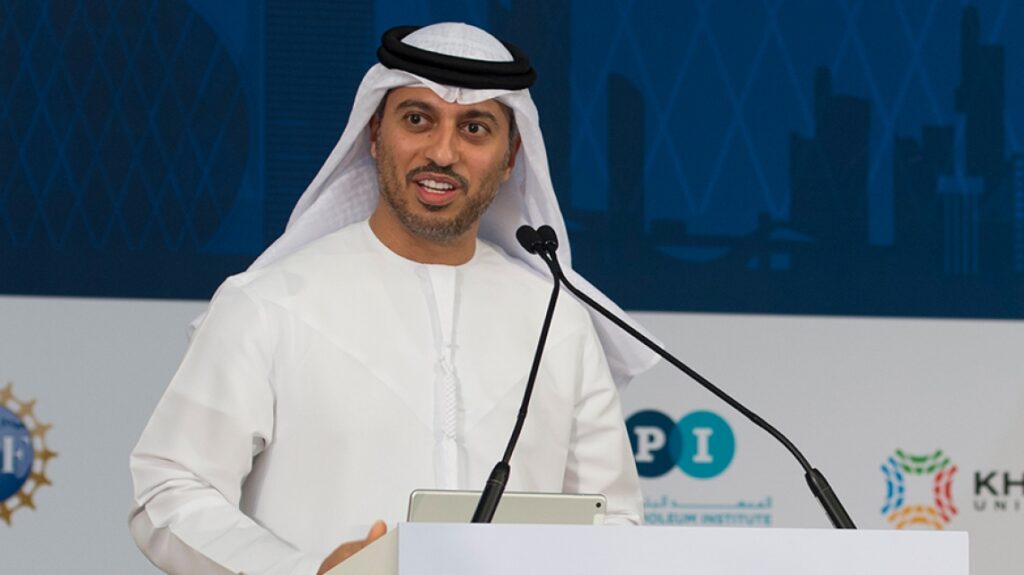A Place for Arab American Researchers at the Arab-American Frontiers Symposium

By: Yaara Aleissa / Arab America Contributing Writer
Establishing a Place for Arab-American Researchers
On Monday, applications for the ninth annual Arab-American Frontiers of Science, Engineering, and Medicine Forum closed for final research submissions. The program accepts work from scientists under the age of 45 from the United States and all 22 Arab countries.
The program opens doors for researchers whose research journey may have just begun. The initiative is in alliance with the United States Agency of International Development (USAID). This showcases an important partnership between the United States and the Arab world. Serving as a voice for Arab Americans within the field of research.
This year the conference will take place in Qatar at Education City. A beautiful and innovative home to nine international universities. It is also residence to 11 pre-university education networks preparing high school students for the transition into higher education. The facilities within Education City pay homage to Qatar’s culture as it intermixes with the many American universities that are settled there. One is Texas A&M University which has shown heavy involvement with the Arab-American Frontiers Symposium through its facilities in Qatar and the United States.
Start of the Initiative
The program started in 2011, modeling after the National Academies of Sciences, Engineering, and Medicine (NASEM). However, with Arab Americans only making up 17 percent of Americans with postgraduate degrees the Arab world wanted an initiative that highlighted the work done by their natives. Soon the Arab-American Frontiers program was born in partnership with USAID and Qatar’s Education City. Since the initiation of the program, the organizers have strived to bring together researchers that come from different backgrounds around the world. It serves as a great networking and learning opportunity for all those involved.
The Committee members of the Arab-American Frontiers Symposium demonstrate the impact of their initiative through a diverse group of researchers both in ethnicity and field of study. Some of the researchers featured from the United States include Professor of Engineering, Dr. Umut Gurkan at Case Western Reserve University who has built a reputation for his involvement in featuring underrepresented communities within the field of STEM research. Alongside others include quantum computer Dr. Tho Nguyen at the National Academies of Sciences, Engineering, and Medicine (NASEM) and board-certified psychologist Dr. Enrico Castillo from the University of California, Los Angeles who advocates for equity in technology developments.
Contents of the Conference
At each conference, the topics are curated to the year’s largest accomplishments and important landmarks from the year’s events. For reference, last year’s conference discussed topics about the future of e-Health after its deepened emergence during the pandemic. Other topics included technologies for reimagining the development of food, water, and the environment, especially for many developing countries. Lastly, tying in the importance of cybersecurity in our technology-heavy world.
It is important to note the range of universities in which the initiative reaches which showcases their prevalence in spreading awareness to the work Arab Americans are doing in their perspective universities. It only keeps up the intrigue of what’s next to come in their careers.
While the deadline for submission recently passed researchers that are interested can still submit next year to the annual event. The submissions are centered on researchers within STEM fields, more specifically science, medicine, and engineering. They also show a preference for Arab Americans, as that is the focus of the conference. However, there are also open opportunities for Arab Americans that may currently be residing or working in an Arab country. The event will take place October 23rd to 25th with an option to register in attendance online.
Check out Arab America’s blog here!









